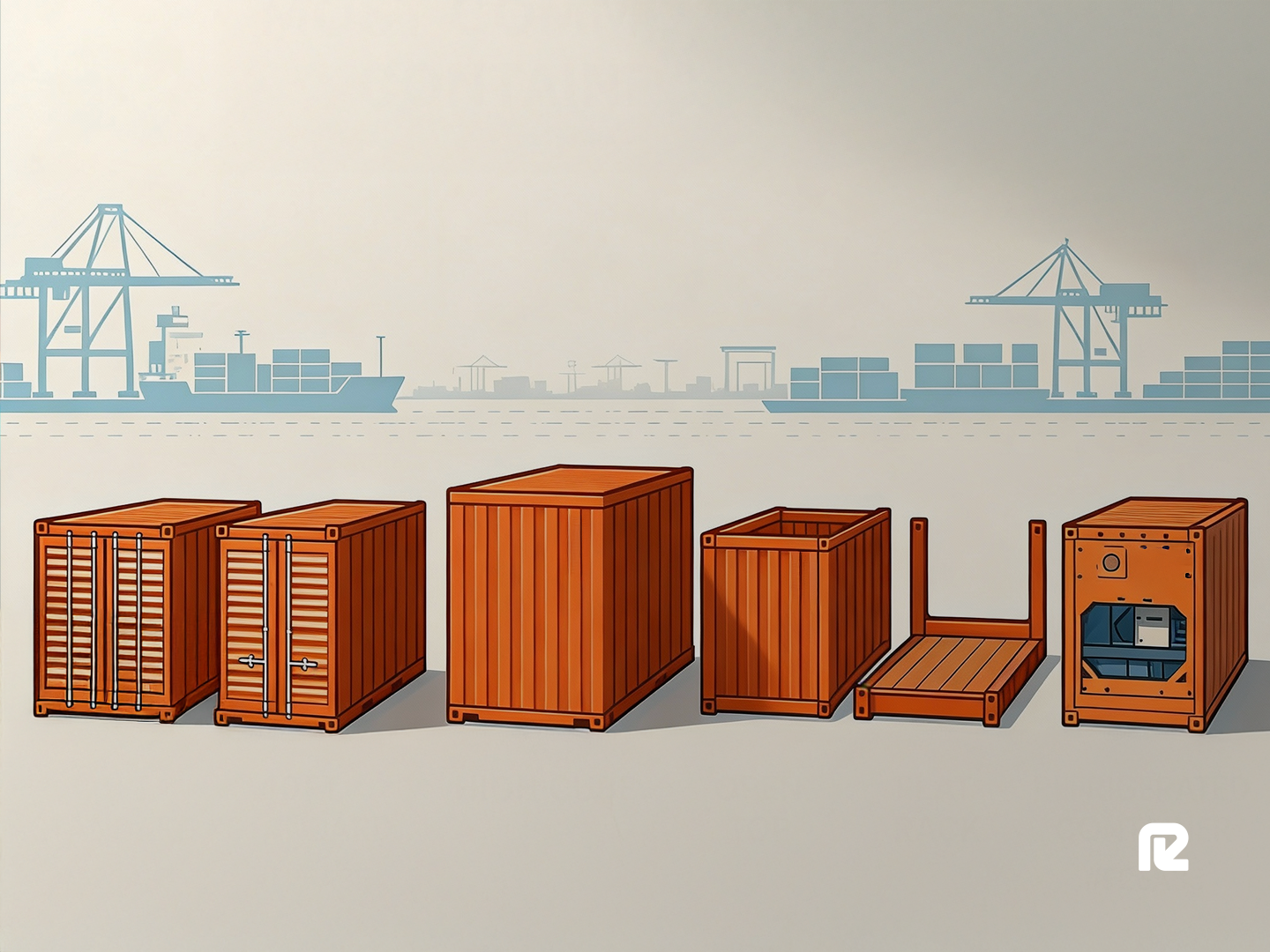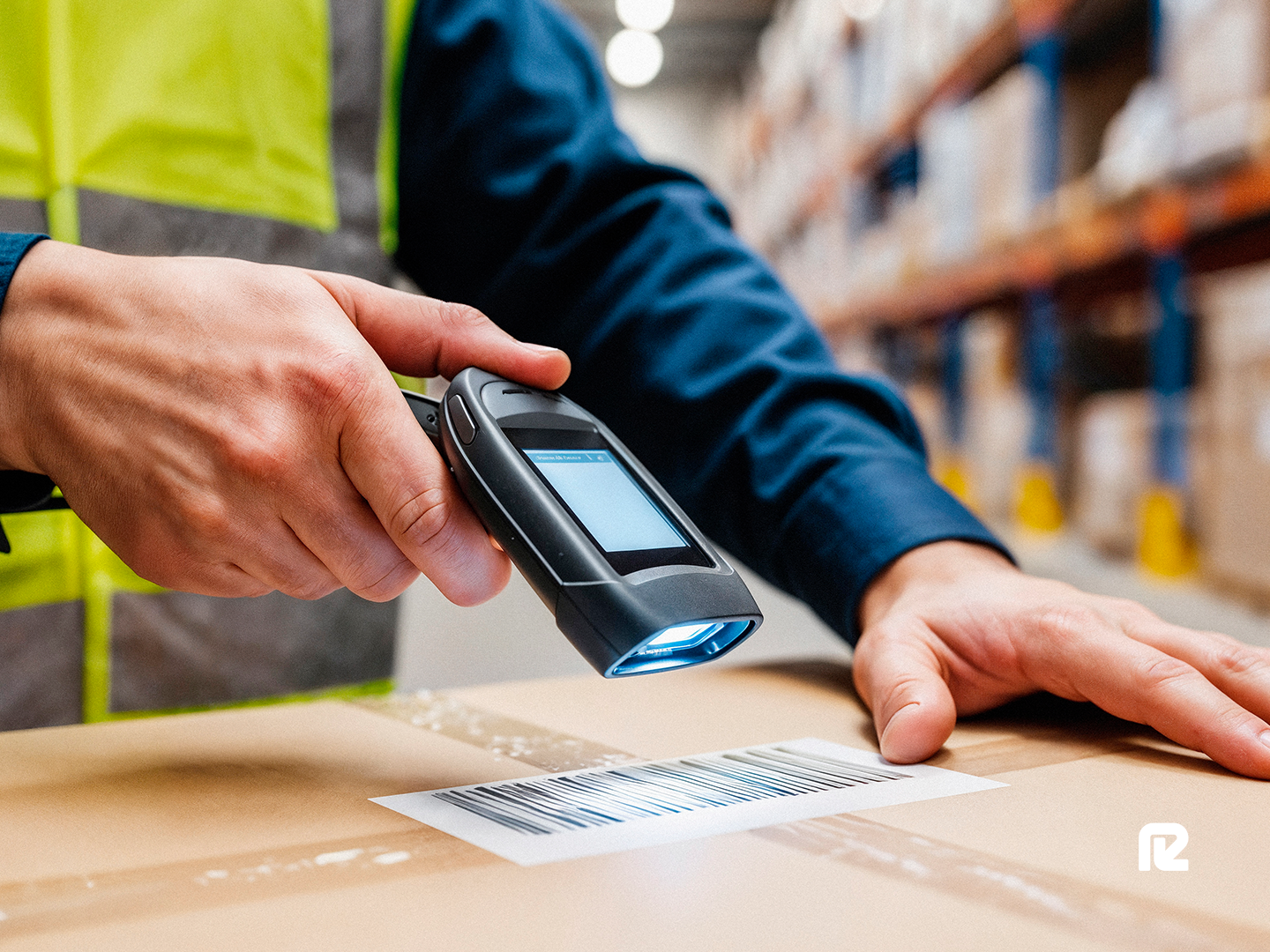Bonded Warehouses: Key to Cost-Effective and Flexible International Trade


Moving goods across borders means navigating complex customs regulations and tax obligations. For companies operating in regions where goods need to cross multiple borders before reaching their destination, like Southern Africa, these challenges can add significant cost and risk.
To stay competitive, shippers are looking to logistics solutions that provide flexibility and compliance. One type of facility that has proven especially valuable in helping businesses manage these pressures is the bonded warehouse.
In this article, we look into what bonded warehouses are, how they operate, the benefits they bring, and why they are a critical part of so many efficient supply chains.
What is a Bonded Warehouse?
A bonded warehouse, sometimes also referred to as a bonded store or a customs warehouse, is a secure storage facility where goods that are liable to import duties and VAT can be kept before customs have processed them. From there, the goods will either be released into the domestic market, with duties paid, or re-exported.
Shippers utilize bonded warehouses to better manage finances and maintain flexibility in their supply chains. For those companies moving goods across regions like Southern Africa, these warehouses also reduce the risk of delays and penalties by making sure goods are stored legally under customs supervision.
Bonded vs. Non-Bonded Warehouses
As we’ve discussed, a bonded warehouse keeps goods under customs control, so what is a non-bonded warehouse? When goods are stored at a non-bonded warehouse, it means the goods have already cleared customs, meaning duties and taxes must be paid upfront.
Here’s a clear overview of the differences:

Private vs. Public Bonded Warehouses
Bonded warehouses come in two forms—private and public. The difference is quite simple: a public bonded warehouse is open to anyone to store goods, is usually government-owned, and is attractive for small importers or those businesses testing new markets. Private warehouses are, of course, privately owned and operated for the exclusive use of one company, the warehouse owner, or designated party.
Here’s a clear overview of the differences:

How Bonded Warehouses Operate
Allowing goods to be stored under the control of customs gives businesses the flexibility to delay paying import and duty taxes until they know exactly what to do with the goods. This allows shippers time to decide whether to sell goods locally or export them elsewhere and adjust orders if needed. Here’s how the process works step-by-step:
1. Arrival of goods: Containers reach a port or land border.
2. Transfer: Goods are transferred to a bonded warehouse, remaining under the supervision of customs.
3. Storage: Products are kept at the warehouse until the importer decides on their next steps.
4. Decision: If selling locally, duties are paid, and goods are released. If re-exporting goods are re-exported without paying duties for that country.
An example of this process might look like this: A mining company in Zambia imports heavy machinery into Reload’s bonded warehouse in Durban. If the project requirements change, the machinery can be redirected to another country without paying duties twice. This approach reduces costs and improves flexibility.
Legal Framework Governing Bonded Warehouses
Operating a bonded warehouse requires government licensing and compliance with strict customs laws. These frameworks ensure that taxes will eventually be collected and that international trade rules are respected.
Customs Regulations and Compliance
Importers using bonded warehouses must maintain strict records, submit regular reports, and follow customs procedures for clearance and inspections. While this adds complexity, the payoff is greater control and flexibility, especially when supported by an experienced logistics partner that knows the entire process.
Role of Government Authorities in Bonded Warehouses
Customs and border authorities oversee bonded warehouses to ensure goods are tracked, secure, and properly declared. Reload Logistics bonded facilities are regularly audited and fully compliant, giving clients peace of mind.
Benefits of Using Bonded Warehouses
The most immediate benefit of using a bonded warehouse is financial, as shippers can postpone paying duties and taxes until goods leave the warehouse for onward travel. However, there are many more benefits to storing goods at a bonded warehouse that make it a smart choice for businesses dealing in global trade:
• Strategic Inventory Management: Bonded warehouses give companies the flexibility to stockpile inventory closer to target markets, releasing products at optimal times.
• Flexibility in Market Switching: Goods can be redirected to another country without paying unnecessary or double duties.
• Cost-Effectiveness: Public bonded warehouses allow for shared facilities, deferred payments, and efficient distribution, leading to an overall reduction in supply chain costs.
• Extended Storage Periods: Depending on local regulations, goods can remain in bonded storage for months or sometimes even years. This long-term flexibility allows businesses to wait for the best market conditions.
Location and Accessibility Benefits
Proximity to Ports
Bonded warehouses that are located near ports and border crossings reduce transit times and speed up distribution. The facilities with Reload Logistics are strategically placed across key corridors in Southern Africa, including Mozambique, Zambia, Malawi, Namibia, Zimbabwe, and Tanzania, making quick and efficient deliveries from the warehouse to final destinations.
Geographic Distribution of Bonded Warehouses
Having access to multiple bonded facilities across the region is another location point, allowing businesses to scale operations and access different markets easily.
Impact on Supply Chain Efficiency
The closer a bonded warehouse is to entry points, the faster goods can be processed, cleared, and delivered, improving end-to-end supply chain reliability and efficiency.
Financial Benefits
Tax Advantages of Bonded Warehouses
Allowing businesses to defer paying duties until they have made a decision about onward shipping is a huge advantage for bonded warehouses as it directly supports flexibility for the business as well as profitability, aligning costs with revenues.
Long-term Financial Benefits
Using bonded storage improves cash flow cycles in the long term as it supports global expansion and strengthens competitiveness.
Operational Benefits
Managing Inventory
Modern bonded warehouses use advanced tracking and reporting systems to manage stock levels, expiration dates, and customs documentation. Reload integrates these tools into its facilities for efficiency and transparency.
Security Features of Bonded Warehouses
The security at bonded warehouses is a huge draw to using the facilities as they typically employ 24/7 surveillance, restricted access, and customs oversight to safeguard goods, especially high-value goods such as metals and minerals, pharmaceuticals, and mining equipment.
By deferring duties, offering flexibility in inventory, and providing compliance under customs supervision, bonded warehouses unlock efficiency across supply chains.
For companies trading in and out of Southern Africa, Reload Logistics provides bonded warehousing solutions that are strategically placed and meet global standards. This, along with our deep regulatory expertise, and a commitment to efficiency, helps our clients thrive.
Contact Reload Logistics to explore bonded warehouse solutions that simplify trade and strengthen your supply chain.
Categories






